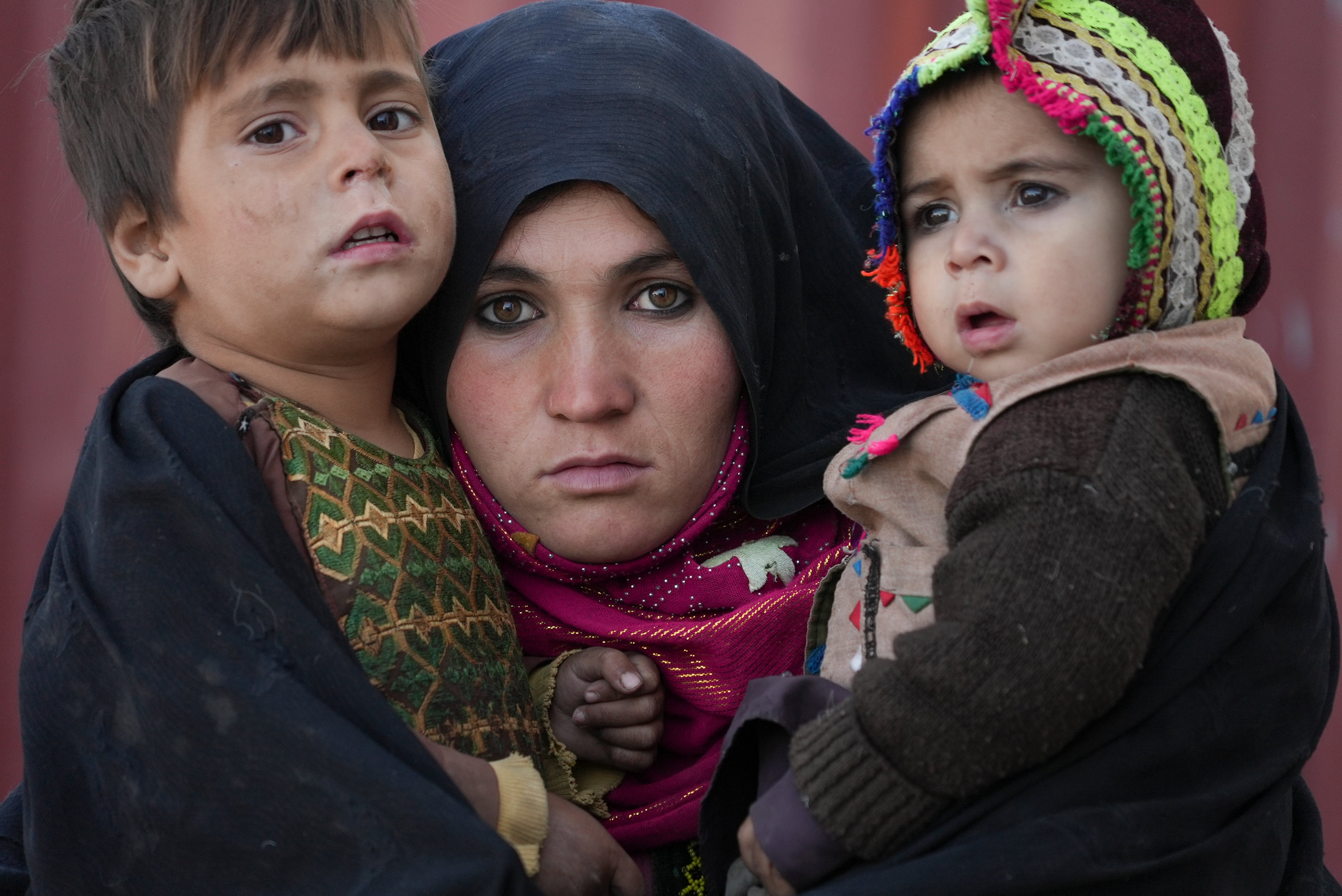UN's new Afghanistan mandate focuses on equality, inclusion
The U.N. Security Council has approved a robust mandate for its political mission in Afghanistan following the Taliban takeover last August

Your support helps us to tell the story
From reproductive rights to climate change to Big Tech, The Independent is on the ground when the story is developing. Whether it's investigating the financials of Elon Musk's pro-Trump PAC or producing our latest documentary, 'The A Word', which shines a light on the American women fighting for reproductive rights, we know how important it is to parse out the facts from the messaging.
At such a critical moment in US history, we need reporters on the ground. Your donation allows us to keep sending journalists to speak to both sides of the story.
The Independent is trusted by Americans across the entire political spectrum. And unlike many other quality news outlets, we choose not to lock Americans out of our reporting and analysis with paywalls. We believe quality journalism should be available to everyone, paid for by those who can afford it.
Your support makes all the difference.The U.N. Security Council on Thursday approved a robust mandate for its political mission in Afghanistan, following the Taliban takeover last August. The new mandate authorizes the mission to promote gender equality, empowerment of women and girls, human rights of all Afghans and an inclusive and representative government.
The Norwegian-drafted resolution was adopted by a vote of 14-0, with Russia abstaining.
Norway’s U.N. Ambassador Mona Juul said the Security Council sent a clear message that the U.N. mission known as UNAMA “has a crucial role to play in promoting peace and stability in Afghanistan and in supporting Afghan people as they face unprecedented challenges and uncertainty.”
Russia’s U.N. Ambassador Vassily Nebenzia criticized the council for not consulting “the host country” on the resolution, saying “we don’t want it to turn into a U.N. mission impossible.” He said it is important for “more substantive cooperation” between UNAMA and the Taliban.
The resolution, which extends UNAMA’s mandate until March 17, 2023, does not mention the Taliban by name. But it does authorize the mission and the U.N. special representative for Afghanistan, Deborah Lyons, to carry out their work “in close consultation with all relevant Afghan political actors and stakeholders, including relevant authorities as needed.”
The council authorized UNAMA to reach out and use its good offices “to facilitate dialogue between all relevant Afghan political actors and stakeholders, the region and the wider international community. “
The focus, it said, should be “on promoting inclusive, representative, participatory and responsive governance” at the national, provincial and local level without any discrimination based on gender, religion or ethnicity. And it said there should be “full, equal and meaningful participation of women and the meaningful participation of minorities, youth and persons with disabilities.”
After the Taliban takeover Aug. 15 as U.S. and NATO forces were in the final stages of their chaotic withdrawal from the country after 20 years of war, the country's new Taliban rulers promised an inclusive government. However, the Taliban-appointed Cabinet remains overwhelmingly Pashtun and without women.
During the previous Taliban rule of Afghanistan from 1996-2001, they had denied girls and women rights to education and barred them from public life. The Taliban are now allowing girls to go to elementary school and have pledged to reopen schools for girls of all ages later this month. While women are still restricted in the jobs they can do, they have returned to work in the health and education sectors and at the airport in Kabul, working in passport control and customs.
The resolution orders UNAMA to “integrate gender mainstreaming" and also “promote gender equality, women’s and girls’ empowerment and the full protection of their human rights, including education, and the full, equal, meaningful and safe participation, engagement and leadership of women in all levels and stages of decision-making.”
The Security Council expressed deep concern at “the dire economic and humanitarian situation in Afghanistan” where the economy has been in a tailspin since the Taliban takeover. The U.N. mission's mandate also includes coordination and delivery of desperately needed aid.
Lyons, the U.N. envoy, told the council in early March that the economy was heading toward “a point of irreversibility” and that the international community has not done enough to revive it. The United States said it is the responsibility of the Taliban rulers to create conditions for economic stability.